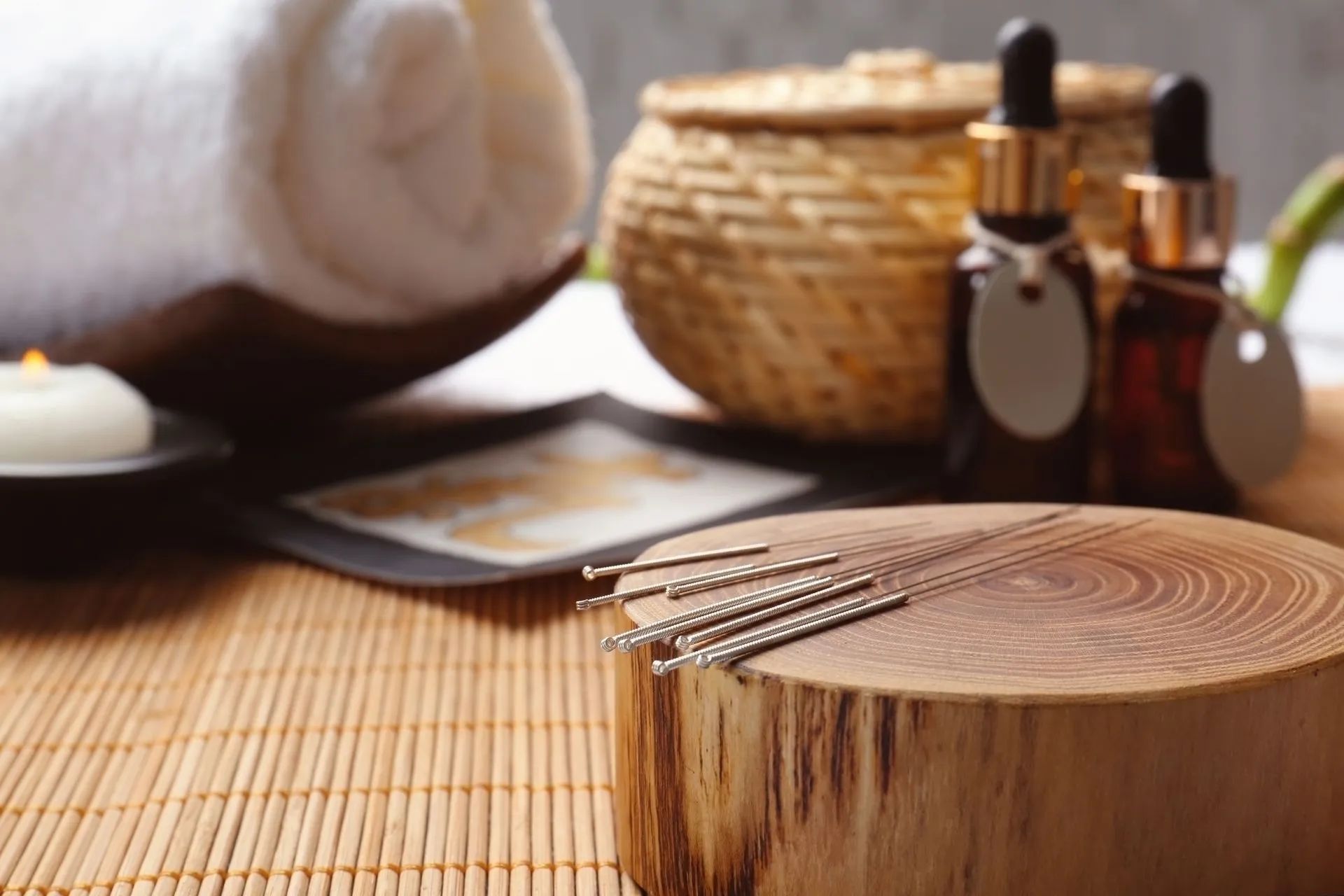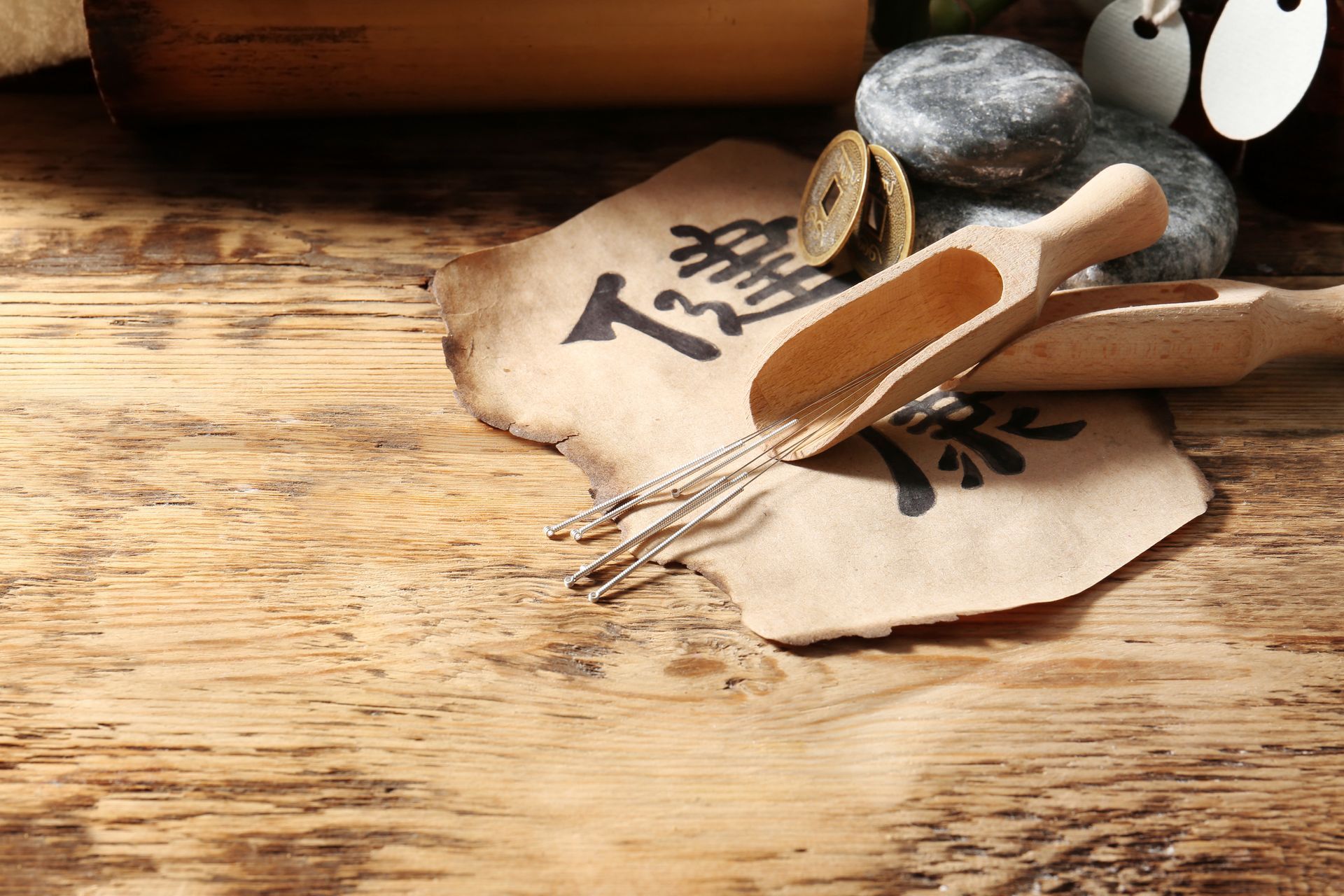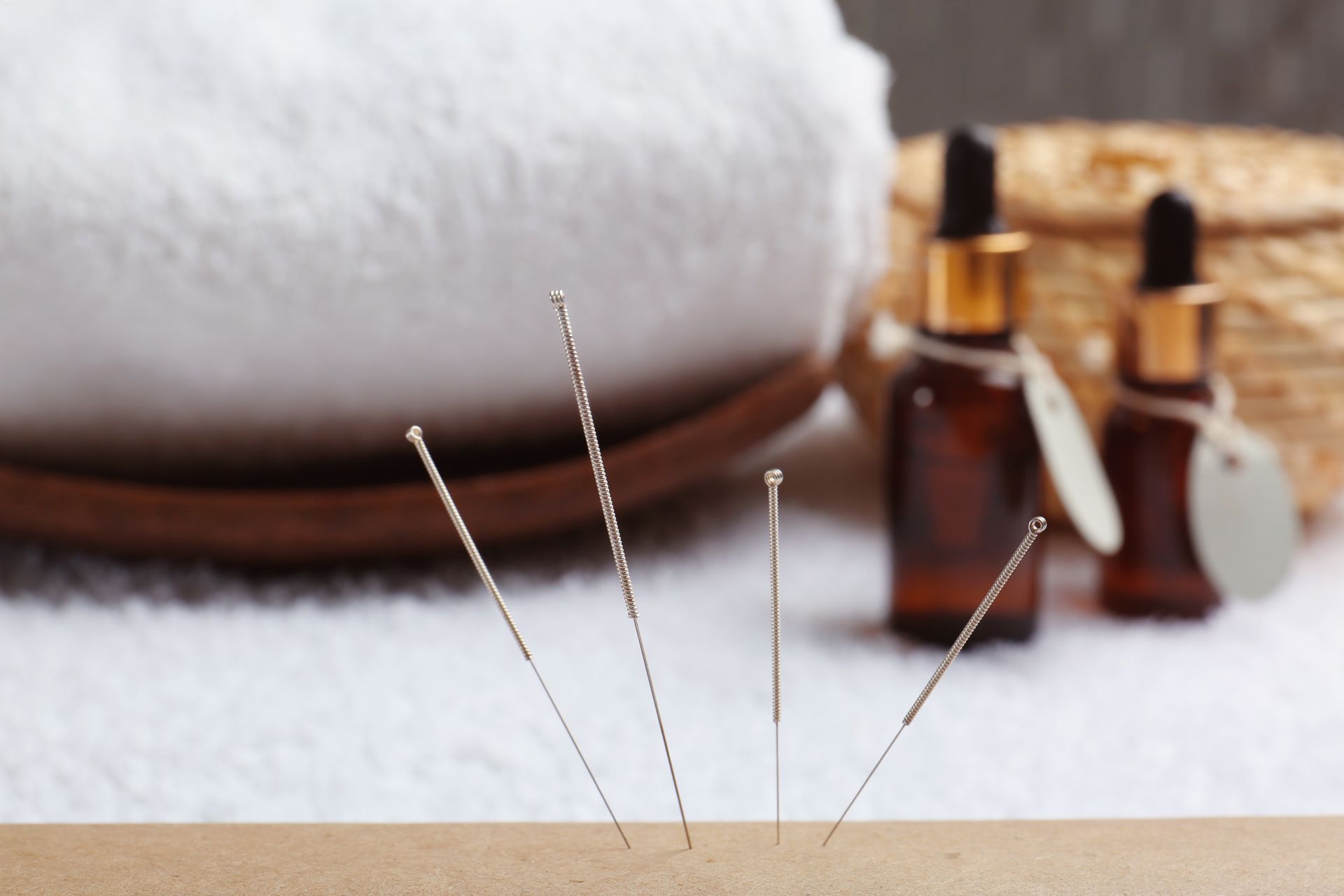Acupuncture for Fertility: How Can Acupuncture Help Improve Fertility?
What is Acupuncture for Fertility?
Acupuncture for Fertility helps relieve stress, improve circulation, and balance energy channels connected to reproductive health. Fertility acupuncture focuses on regulating energy channels (sometimes called “meridians”) which flow throughout the body that are directly related to reproductive function that can stimulate the sympathetic nervous system to relieve stress and increase circulation. Acupuncture can also increase blood flow to help enhance all functioning in the body including the thickening of the endometrial lining in the uterus to improve the odds of implantation.
When someone is under a lot of stress, it triggers their sympathetic nervous system to disrupt a critical axis that affects reproductive health. Stress can also restrict blood flow to the ovaries. Acupuncture has been shown to inhibit these responses.

In men, acupuncture and fertility treatments can improve sperm quality and increase quantity. Low sex drive and erectile dysfunction can also be treated with acupuncture.
Fertility Challenges You Can Encounter
Fertility is the most natural thing in the world, yet, many people struggle to get pregnant. There are several reasons this can happen. Many things may impact fertility such as:
- Endometriosis
- PCOS (Polycystic Ovarian Syndrome)
- Poor quality or low counts of sperm
- Autoimmune diseases
- Kidney disease
- Pelvic inflammatory disease
- Poor diet
- Lack of exercise / over exercise
- Drug / Alcohol abuse
- Aging / natural decline in fertility
- Excessive Stress
There can also be structural anomalies that affect the fallopian tubes, ovaries, uterus, testicles, or penis. Fertility challenges can involve more than one issue, too.
The problem might not be ovulation or fertilization but implantation that causes a pregnancy to fail. If a fertilized egg cannot implant into the uterine lining, it will pass the same way an unfertilized one will.
The environment can affect sperm count, too. For example, wearing tight clothing can raise the body temperature in the testicles. Other things that can impact testicle temperature are holding laptops, using sauna or hot tubs, and placing heating pads near them.
How Effective is Acupuncture Therapy for Fertility?
As with most types of fertility treatment, the effectiveness depends on many factors. Acupuncture therapy may not work for everyone, but it seems like magic for others.
There is research showing success in women who have certain medical conditions that affect their fertility, such as:
- Polycystic ovary syndrome
- Hypothyroidism
- Ovulation issues
A 2020 study published in the Taiwanese Journal of Obstetrics and Gynecology found women who get acupuncture are twice as likely to conceive with in vitro fertilization (IVF) as those who don’t.
What is the Science Behind Acupuncture?
There are two schools of thought when it comes to acupuncture for fertility. In Traditional Chinese Medicine, disease occurs due to changes in the qi (pron. “chee”), or life energy. This can happen because of environmental factors, emotional stress, and lifestyle choices. Acupuncture targets areas along the qi path to help realign it.
The other viewpoint is that of Western medicine. There is evidence that acupuncture stimulates the central nervous system. That can trigger the release of chemicals that improve physical and emotional health. Stress relief and nerve stimulation can help improve the chances of pregnancy, primarily through IVF.
There has been much research about how acupuncture works, but there is still more to be done. Because it is a medicine that is tailored to the individual, performed by practitioners who are not following a “recipe,” but rather are guided by a patient’s individual constitution and symptoms, it is difficult to have one explanation for how acupuncture impacts the body, mind, and spirit.
6 Benefits of Acupuncture for Fertility to Increase Fertility
Acupuncture affects each person differently. There are some common benefits for people looking to increase their fertility:
1. Acupuncture helps regulate female reproductive hormones.
An imbalance of reproductive hormones in women can cause infertility or lead to conditions that reduce the chances of ovulation or implantation. Acupuncture can help balance the hormones, improving the chances of a successful pregnancy.
2. Acupuncture helps improve egg quality.
Acupuncture helps to improve blood flow to the ovaries. That, in turn, allows for better support of the eggs, making them healthier and potentially influencing the healthy maturation of eggs.
3. Acupuncture helps with embryo implantation.
Acupuncture also improves blood flow to the uterus. That allows for a thicker, more robust uterine lining and an improved environment for implantation.
4. Acupuncture helps reduce anxiety & stress.
Acupuncture stimulates the body’s natural healing mechanisms and the release of endorphins. That leaves you relaxed and feeling less stressed during and after the treatment.
5. Acupuncture helps improve blood flow.
Acupuncture stimulates the sympathetic nervous system to dilate blood vessels, increasing blood flow to target areas like reproductive organs.
6. Acupuncture helps improve sperm quality and quantity.
Some studies suggest acupuncture can improve the mobility and morphology of sperm. It may also enhance concentration (quantity).
Acupuncture therapy may also balance testosterone levels to impact sperm production and sexual function. It may also help to decrease stress levels. Both these factors can affect fertility in men.
Why Choose Acupuncture Treatment to Aid Fertility Measures
Acupuncture is a safe way to help enhance other fertility measures, including IVF and intrauterine insemination (IUI). Research indicates that combining it with other fertility methods may double the chances of success.
Although the mechanism has not yet been identified by western science, it appears that the same things that makes acupuncture effective overall may enhance the efficacy ART (assisted reproductive treatment) such as:
- Improves blood flow
- Helps balance hormone levels
- Reduces anxiety and stress
The increased blood flow can thicken the uterine lining, making it a more compatible environment for pregnancy and thereby increase the chances of implantation, whether the fertilization is done naturally or in a tube.
Acupuncture can also help offset the side effects of medications taken during a medicated cycle such as headaches, weight gain, fatigue, mood swings, etc.
Ultimately, the question is, why wouldn’t you try it? There are very few risks with this complementary medicine treatment option.
You can combine acupuncture with other services offered at Pulling Down the Moon such as yoga, massage (including Fertility Enhancing Massage (FEM), and nutrition. We offer combo pricing for our multiple services.
Find out more about
Pulling Down the Moon’s holistic services and fertility treatment options by visiting our website, then
book your appointment online. Check to find out if your insurance plan offers benefits for acupuncture
here.
Acupuncture for Fertility FAQs:
Meet Christine Davis
View Profile: Director of Acupuncture at Pulling Down the Moon
Christine is a Licensed Acupuncturist and serves as the Acupuncture Director at Pulling Down the Moon, a fertility-focused integrative medicine center in Chicago. With a Master of Science in Oriental Medicine and a Bachelor of Science in Nutrition, she has been a Board Certified practicing acupuncturist since 2004. Christine's diverse training includes studies in Chinese Tai Ji Quan and Gong Fu in China, as well as Chinese herbology at the Beijing University of Traditional Medicine. A Certified Hatha Yoga Instructor, she emphasizes achieving lasting wellness through traditional methods of moderation and balance. Christine has supported numerous couples on their fertility journey, emphasizing the importance of addressing both the body and the mind. Beyond her professional endeavors, she enjoys family time, music, walks in the Chicago Botanic Garden, and reading.
Share on Social
Discuss With Us
Our Latest Resources







